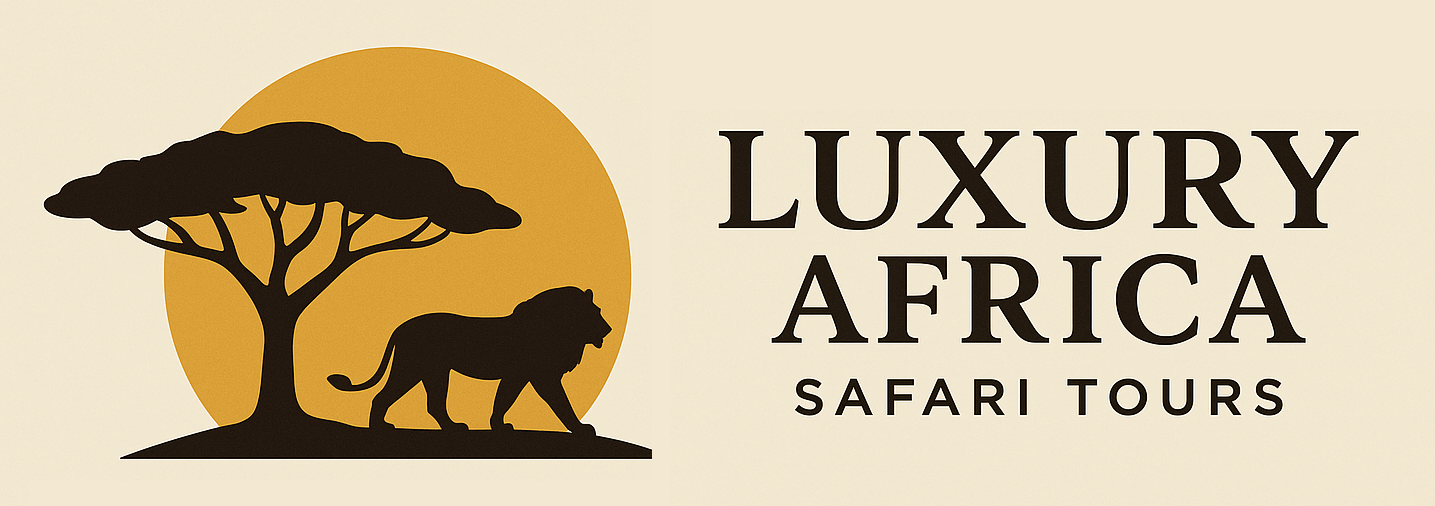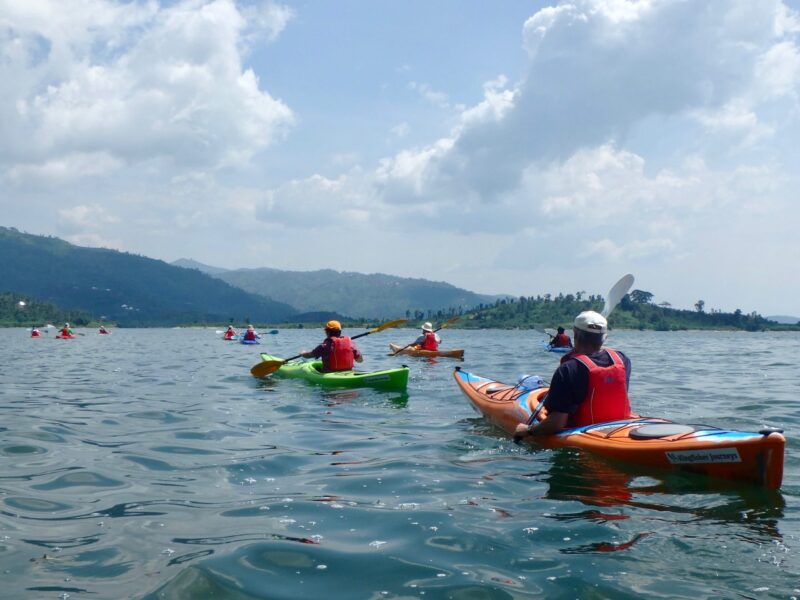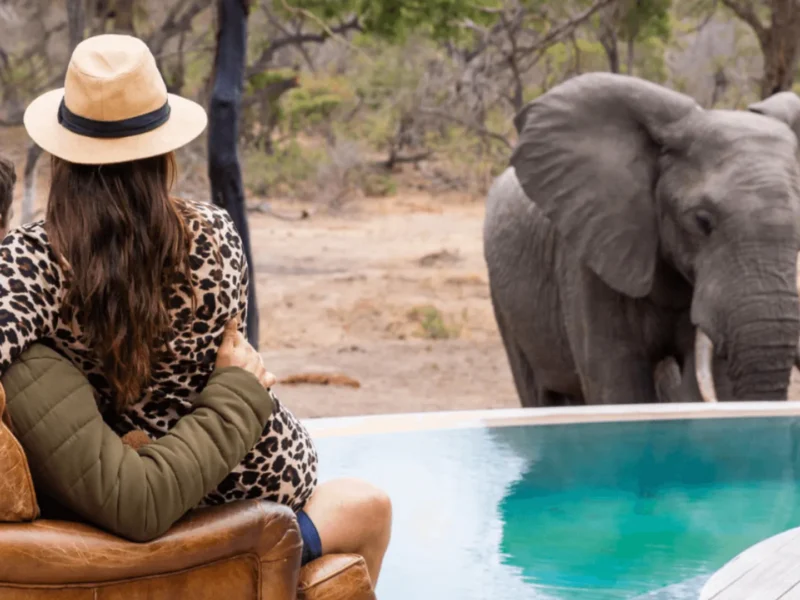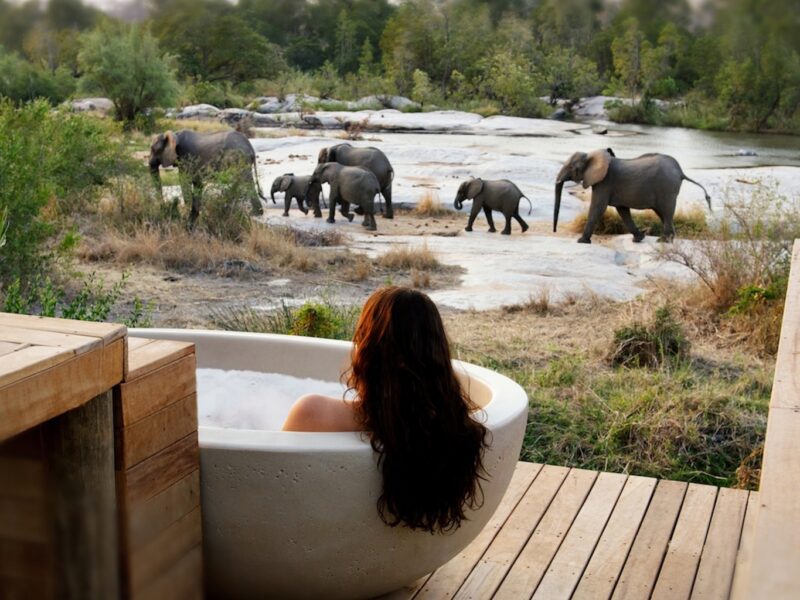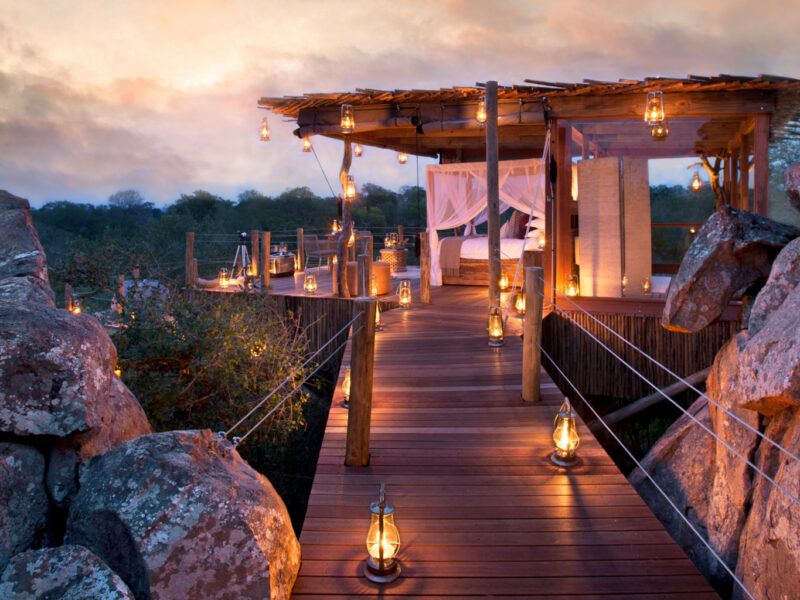When to Visit Rwanda: January
January marks the heart of Rwanda’s short dry season, a window of calm and clarity nestled between the heavier rains of late autumn and the long wet season that begins around March. For travelers drawn to Rwanda’s incredible biodiversity, dramatic landscapes, and immersive wildlife experiences, this is one of the best times of year to visit. The weather is consistently warm and relatively dry, allowing for smooth travel and uninterrupted outdoor exploration across the country’s national parks and cultural sites.
Climate and Conditions
Throughout January, Rwanda enjoys bright days and cooler evenings, with temperatures in Kigali averaging around 26°C (79°F) during the day and dipping to about 15°C (59°F) at night. Rainfall is limited—typically under 100mm for the month—so most days remain dry and sunny, though short, light showers may still occur, particularly in forested or mountainous regions.
The relatively low humidity and firm ground underfoot make it easier to explore Rwanda’s diverse landscapes—from the fertile hills and misty forests of the northwest to the gentle shores of Lake Kivu in the west. This favorable weather not only enhances the comfort of travel but also improves visibility for wildlife viewing and photography.
Gorilla Trekking in Volcanoes National Park
One of the top reasons travelers choose January is to experience gorilla trekking in Volcanoes National Park. The drier trails are less physically demanding, and the open vegetation makes it easier to spot gorilla families. Treks typically start early in the morning, with guides leading small groups through bamboo forests and hilly terrain in search of habituated gorilla groups. Encounters are limited to one hour per group, but those sixty minutes—spent in the quiet company of these gentle giants—are often described as life-changing.
Because of January’s popularity for gorilla trekking, permits (which are strictly limited to protect the gorillas) can sell out months in advance. Early booking is essential—not just for permits, but for accommodation near the park as well.
Chimpanzees and Rainforest Experiences in Nyungwe
While Volcanoes draws most of the international spotlight, Nyungwe Forest National Park in the southwest offers a different kind of magic in January. This ancient rainforest is one of Africa’s most important areas of biodiversity and home to over 13 species of primates, including large communities of chimpanzees. The drier conditions of January make the forest trails more manageable, and the reduced leaf cover slightly increases the chances of spotting fast-moving chimps as they forage and call across the canopy.
The famous Canopy Walkway—suspended 50 meters above the forest floor—also becomes more enjoyable in this season, offering unobstructed views over the treetops and a true sense of immersion in Rwanda’s emerald wilderness.
Tranquility by Lake Kivu
For those looking to slow down and unwind, the western border of Rwanda opens up to the tranquil waters of Lake Kivu. January brings perfect weather for lakeside relaxation—warm sun, calm waters, and minimal rain. Visitors can enjoy boat rides, kayaking, or simply soaking in the peaceful atmosphere from beachside lodges in towns like Gisenyi and Kibuye. The lake is also a great mid-point between Volcanoes National Park and Nyungwe, making it a relaxing stop between two high-energy wildlife adventures.
Cultural Encounters and Festivals
Although January is not the peak season for national festivals, it remains a great time for cultural tourism. With fewer rains disrupting schedules, local markets, village visits, and cultural centers remain accessible. Many travelers use this dry window to include Kigali city tours, visits to the Kigali Genocide Memorial, or interactive experiences with local artisans and cooperatives.
Planning and Booking Advice
Because January is considered one of the peak months for tourism in Rwanda, especially for gorilla and chimpanzee trekking, it’s important to plan ahead. Gorilla permits cost $1,500 per person for international travelers and are often booked out well in advance. Lodges near national parks also operate at high occupancy, particularly luxury and mid-range options, so securing accommodations early is strongly recommended.
